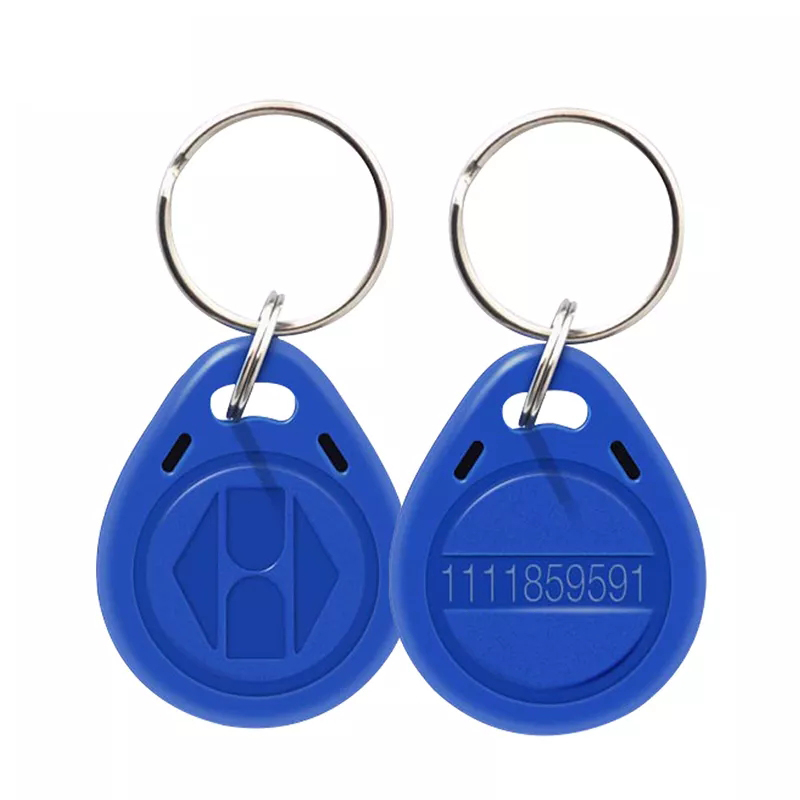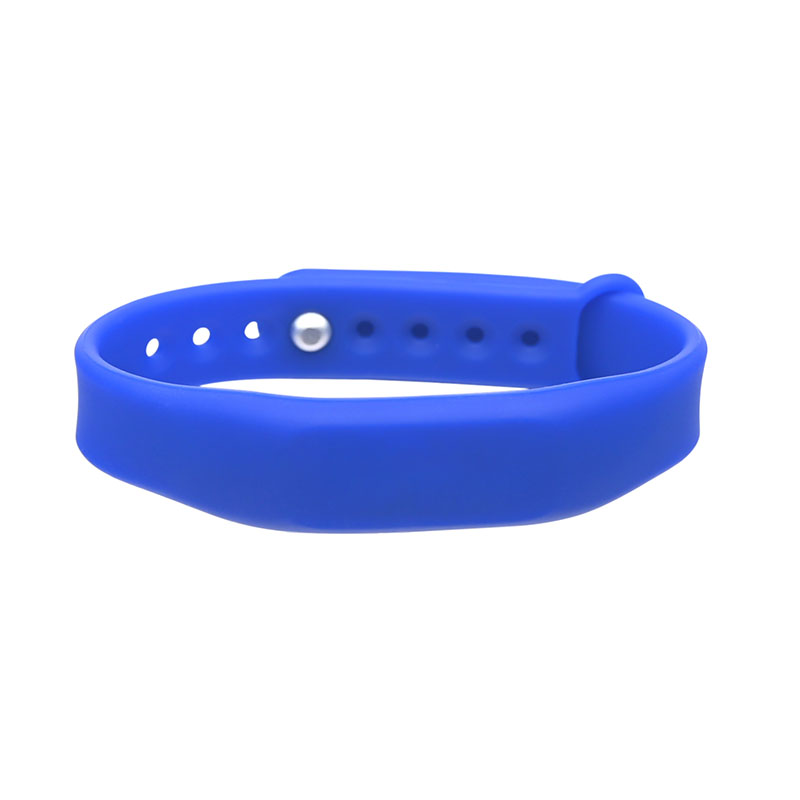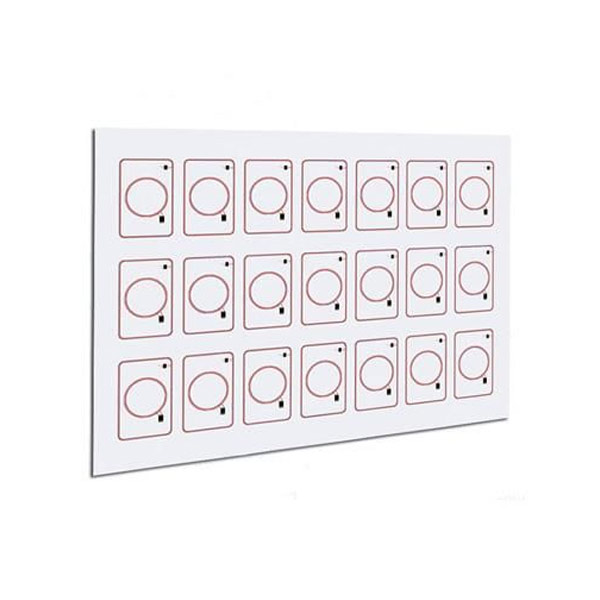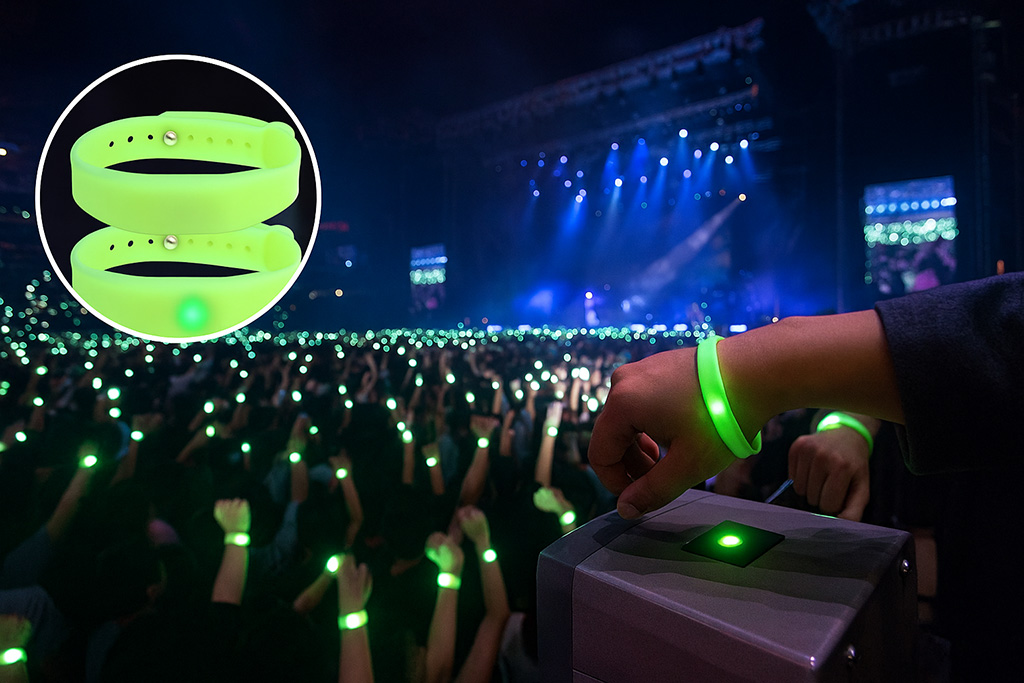
In today’s highly competitive live entertainment landscape, the challenge is no longer just putting on a show—it’s about delivering a complete, immersive experience that stays with the audience long after the final encore. Whether it's a stadium concert, a multi-day music festival, or a high-energy corporate event, attendees now expect more than just good sound and lighting. They crave connection, personalization, and unforgettable moments. To meet these rising expectations, event organizers, promoters, and brand sponsors are turning to cutting-edge event tech, with RFID LED Wristbands leading the charge.
These wearable devices represent a fusion of smart technology and visual design. By integrating RFID (Radio Frequency Identification) chips with LED lighting, rfid wristbands offer far more than just a glow-in-the-dark gimmick. They enable seamless interactivity, real-time audience engagement, and data-driven event management. In this article, we dive into the technical foundation, unique features, versatile applications, and future outlook of RFID LED Wristbands, and why they have become essential tools in creating transformative live experiences.
RFID LED Wristbands are wearable tech accessories that combine the functionality of RFID with the captivating visual element of LED illumination. Unlike standard LED Wristbands that flash on preset timers or are remotely controlled to produce light shows, RFID-enabled LED Wristbands are programmed to activate only when they come into close proximity with an RFID reader.
This is achieved through a built-in RFID chip, which contains a unique digital ID. When a participant brings their wristband near an RFID-enabled device, a signal is exchanged, prompting the embedded LED light to glow or blink. This proximity-based activation can be triggered at specific checkpoints—such as entry gates, sponsor booths, or designated event zones—allowing organizers to deliver personalized, timed, and location-based experiences.
What sets RFID LED Wristbands apart is their context-aware responsiveness. Their functionality can be synchronized with other systems, including ticketing platforms, lighting controls, and interactive installations, offering a high degree of flexibility for creative storytelling, branding, and audience control.
1. Proximity-Based Illumination
These wristbands light up when placed near an RFID reader. This provides a more targeted experience than remote activation, giving organizers the ability to control illumination at specific locations or times.
2. Unique Identification and Personalization
Every wristband carries a unique ID, which enables individual-level tracking. This makes it possible to assign access permissions, personalize interactions, and collect valuable behavioral data from attendees.
3. Wireless and Seamless Communication
RFID technology does not require line-of-sight to operate, making it ideal for crowded environments where seamless scanning and interaction are essential.
4. Sustainable and Reusable Design
Built with long-lasting materials like silicone or durable plastic, many RFID LED Wristbands are reusable. Their low energy consumption also ensures extended battery life, reducing electronic waste.
5. Long Battery Life
Thanks to the proximity-based activation, the LED components are used sparingly. This leads to longer battery cycles, enabling usage over multi-day festivals or large-scale tours without replacement.
6. High Customizability
Event planners can customize wristbands with logos, themes, or colors to match branding or event aesthetics. LED light colors can also be programmed to reflect specific messages or engagement triggers.
Benefits for Live Events and Concerts
1. Transforming Passive Spectators into Active Participants
The visual spectacle of synchronized lights brings the audience into the performance itself. When thousands of wristbands light up in rhythm with the beat or respond to artist cues, the result is electrifying.
2. Enabling Dynamic, Interactive Storytelling
Lighting can be choreographed alongside the event script. For instance, wristbands may pulse red during dramatic moments or sparkle during key announcements. This integration enriches the emotional arc of the event.
3. Enhancing Safety and Operational Efficiency
rfid wristbands can support crowd guidance and emergency response. For example, during evacuations or section closures, wristbands can flash in designated colors to direct movement, supplementing audio and signage.
4. Real-Time Attendee Data and Analytics
Event organizers gain insight into how guests move through spaces, engage with activities, or linger in particular zones. This behavioral data is invaluable for optimizing future event layouts and content.
5. Powerful Brand Activation Opportunities
Brands can integrate their identity into the physical and digital experience. Wristbands can light up when users visit sponsor booths, scan QR codes, or participate in games, increasing dwell time and brand recall.
Real-World Use Cases
1. Music Festivals and Large Concerts
RFID LED Wristbands have become staples at global festivals. They enable color-coded fan zones, timed illumination effects during songs, and even light-based games between crowd sections.
2. Corporate Conferences and Product Launches
Executives and VIPs receive wristbands that activate during key moments—product reveals, special sessions, or private mixers—adding exclusivity and surprise to business events.
3. Experiential Marketing Installations
At brand activations, attendees can tap their wristbands to interact with displays, join contests, or collect samples. Each interaction can be recorded, offering measurable ROI for sponsors.
4. Theme Parks and Immersive Attractions
Interactive zones within amusement parks use RFID to deliver personalized effects. Imagine a child’s wristband lighting up as they walk past a themed wall, creating a sense of magic and discovery.
5. Sports Arenas and Fan Zones
Wristbands can coordinate crowd activities such as waves, cheers, or chants. They may also serve as access keys to premium zones or enable fans to vote for MVPs in real-time.
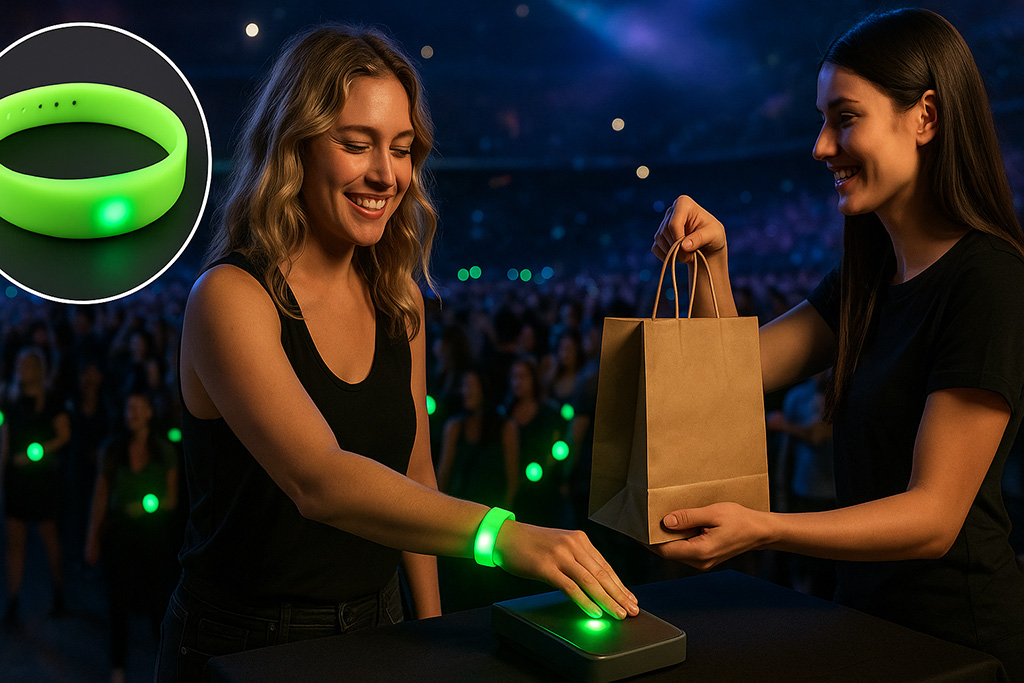
Technical Specifications to Consider
Choosing the right RFID LED Wristband involves evaluating a range of factors based on your event’s goals:
RFID Frequency Type: Common options include HF (13.56 MHz), LF (125 kHz), and UHF (860-960 MHz). HF is typically preferred for short-range, secure interactions.
LED Configuration: Single or multi-color options available. Some models can display patterns or flashing sequences.
Read Range: Typically between 2 cm to 10 cm for HF RFID; crucial for access control and interactive checkpoints.
Material Options: Silicone is flexible and waterproof; woven fabric is more fashionable; plastic is cost-effective for one-time use.
Battery Life and Rechargeability: Non-rechargeable models may last 1–2 days; rechargeable units support multiple event cycles.
Data Integration: Ensure compatibility with your existing ticketing, POS, or CRM systems.
At Card Cube Group, we don’t just supply RFID LED Wristbands—we help you build unforgettable experiences. Our team specializes in customized wearable technology for high-impact events of all sizes.
Proven Industry Track Record: From music festivals with over 100,000 attendees to intimate VIP launches, our wristbands have powered successful activations globally.
Reliable and Responsive Technology: We use high-grade RFID chips and premium LED components for consistent performance.
Endless Customization: Tailor every detail—from band texture and clasp style to embedded tech and LED sequences.
Comprehensive Support: We offer pre-event planning, on-site setup, technical training, and post-event data reports.
Scalable Manufacturing: Our production capacity allows us to meet tight deadlines and adapt to changing demand.
Integration Possibilities
RFID LED Wristbands are not standalone gadgets; they function best as part of a connected event ecosystem. Here are common integration examples:
Entry Management: Replace printed tickets with wristbands for faster, contactless check-in.
Cashless Transactions: Enable purchases of food, drinks, and merchandise with a simple wrist tap.
Activity Tracking: Capture engagement across different event zones to reward participation.
Smart Networking: Allow attendees to exchange contact details with a wrist tap.
Data Analytics & CRM Sync: Feed real-time engagement data into your CRM for post-event follow-up and lead nurturing.
Trends and the Future of RFID Wristband Technology
As live events become increasingly digitized, rfid wristbands are evolving to incorporate even more tech layers:
Bluetooth Low Energy (BLE) Integration: Enables extended range communication and connection to mobile apps.
NFC and RFID Dual Compatibility: Supports both long-range (RFID) and short-range (NFC) interactions.
Biometric Security: Future models may include fingerprint or heart rate sensors for identity verification.
Augmented Reality Pairing: Wearables that sync with AR glasses or mobile AR apps for interactive storytelling.
Machine Learning and AI: Wristbands that learn user behavior and adjust lighting or interactions dynamically.
These trends point to a future where RFID LED Wristbands are not just accessories, but intelligent, connected extensions of the audience experience.
Final Thoughts: Illuminate Every Moment
RFID LED Wristbands are more than a novelty – they are a transformative tool for creating immersive, secure, and data-rich event experiences. From lighting up key performance moments to tracking audience behavior and driving brand interaction, these smart wristbands are reshaping how we think about crowd engagement.
Whether you're organizing a concert, planning a corporate launch, or managing a fan festival, RFID LED Wristbands offer a scalable, impactful, and visually stunning solution.
Ready to electrify your next event? Contact us today to explore custom RFID LED Wristband solutions designed to light up every moment.


